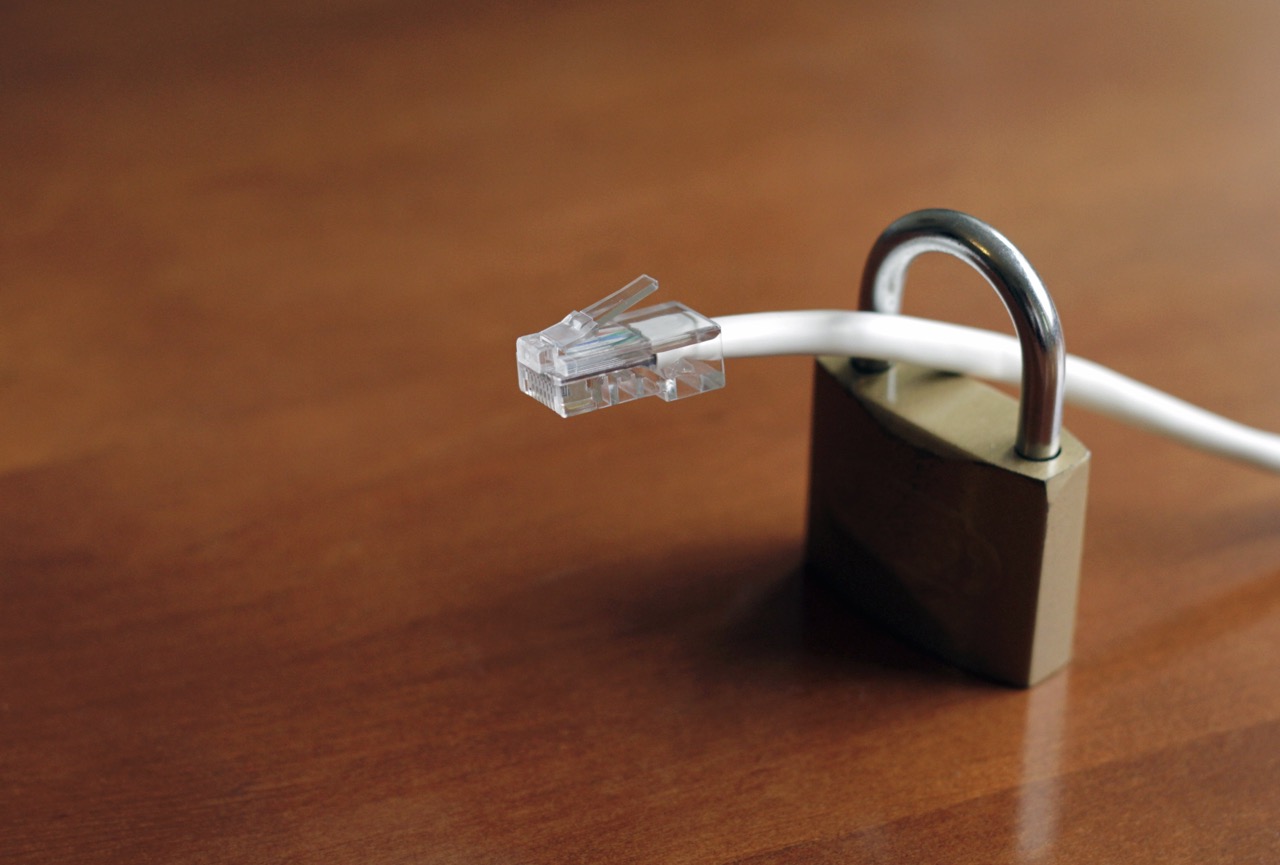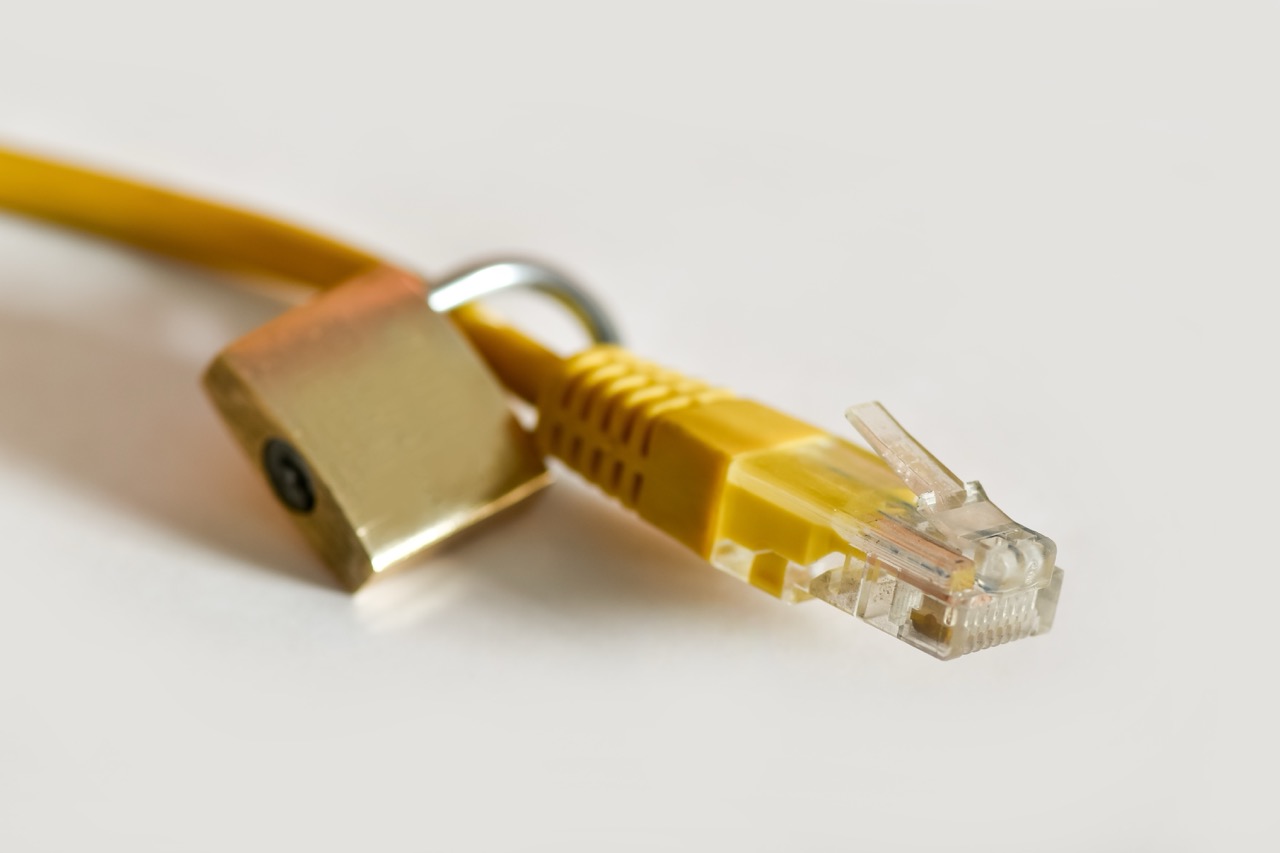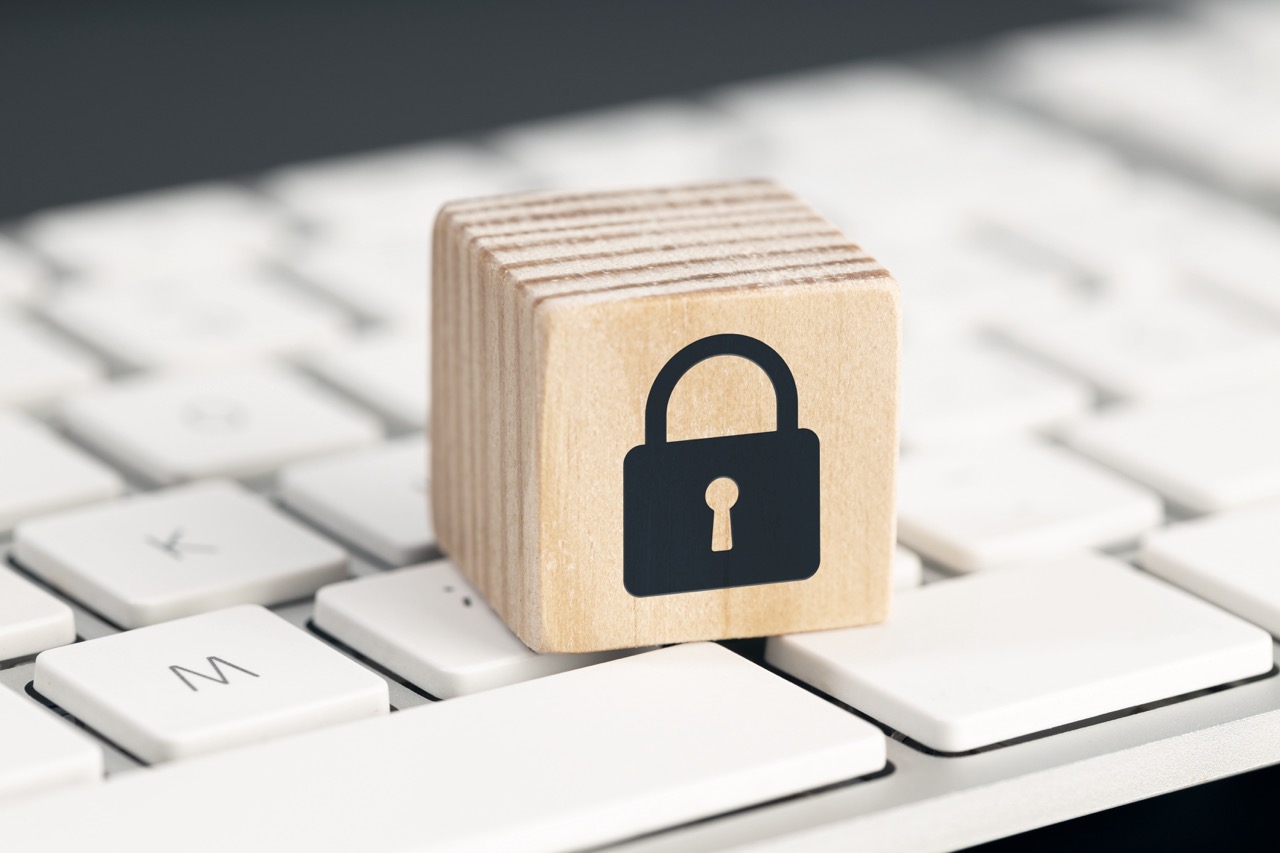In an increasingly digital world, online privacy has become a paramount concern for individuals and organizations alike. Virtual Private Networks (VPNs) offer a practical solution to safeguard personal data while navigating the internet. Among the myriad of VPN services available, NordVPN stands out not only for its robust features but also for its commitment to aligning with international privacy laws. This article explores the intricate relationship between VPNs, particularly NordVPN, and online privacy laws. We will discuss the regulatory landscape impacting VPN usage, how NordVPN meets global privacy standards, and best practices for maximizing your privacy when using a VPN.
Understanding the Role of VPNs in Online Privacy Laws
VPNs serve as a crucial tool for enhancing online privacy by creating secure, encrypted connections between users and the internet. By rerouting internet traffic through a server run by the VPN provider, users can mask their IP addresses, making their online activities more difficult to track. This anonymity is particularly beneficial in regions with strict online censorship or surveillance, allowing users to access content without fear of repercussion. However, the efficacy of a VPN in protecting privacy is largely contingent upon the legal frameworks governing data protection in different jurisdictions.
Online privacy laws vary significantly across countries and regions, dictating how companies, including VPN providers, handle user data. For instance, the General Data Protection Regulation (GDPR) in Europe sets rigorous standards for data collection and user consent, compelling VPN services operating within the EU to adopt stringent privacy policies. In contrast, the United States lacks a comprehensive federal privacy law, although certain states, like California, have enacted their own regulations. Consequently, VPN users must be aware of the legal environments in which their chosen service operates, as this can influence the protection of their personal information.
Moreover, the effectiveness of a VPN in upholding online privacy is not solely defined by encryption and anonymity features. Users must also consider how laws applicable in the VPN provider’s headquarters may impact their data. For example, providers based in countries with invasive surveillance practices may be compelled to share user information with government authorities, undermining the privacy promise. Therefore, understanding the role of VPNs within the context of online privacy laws is essential for individuals seeking to safeguard their digital identities.
Key Online Privacy Regulations Impacting VPN Usage
Several key regulations directly impact how VPN services operate and the level of privacy they can guarantee to users. The GDPR is one of the most influential frameworks, mandating that VPN providers implement robust data protection measures and obtain explicit user consent for data processing. Non-compliance with GDPR can lead to substantial fines, prompting many VPN services to enhance their privacy protocols. Additionally, the law emphasizes the importance of transparency, requiring providers to clearly outline their data handling practices in user agreements.
The California Consumer Privacy Act (CCPA) is another significant regulation that affects VPN usage in the United States. This law grants residents of California greater control over their personal information, including the right to know what data is being collected and the ability to opt out of its sale. VPN providers serving California residents must comply with these provisions, fostering a climate of accountability. The CCPA also encourages users to educate themselves on their privacy rights, promoting a more informed consumer base.
Moreover, countries with strict digital privacy laws, such as Canada and Australia, have established guidelines that can shape the operational frameworks of VPNs. For instance, Canada’s Personal Information Protection and Electronic Documents Act (PIPEDA) mandates that organizations, including VPN providers, must protect users’ personal data and be transparent about their data collection practices. VPN providers must navigate a labyrinth of international regulations, ensuring they align their services to meet the needs of diverse user bases while adhering to legal requirements.
How NordVPN Aligns with Global Privacy Standards
NordVPN has established itself as a leader in the VPN space by prioritizing user privacy and compliance with global regulations. The company is based in Panama, a jurisdiction known for its lack of mandatory data retention laws, providing an advantageous environment for privacy-focused services. By operating outside the reach of intrusive data laws found in many other countries, NordVPN can offer users a higher level of anonymity and security.
To further bolster its commitment to privacy, NordVPN has undergone independent security audits conducted by reputable firms. These audits validate the effectiveness of its no-logs policy, which guarantees that user data is not stored or monitored. By aligning its practices with GDPR and other international standards, NordVPN demonstrates a proactive approach to compliance and user trust. The transparency of its operations, along with a commitment to ethical data handling, reinforces its position as a reliable choice for privacy-conscious individuals.
Moreover, NordVPN’s comprehensive suite of security features, including military-grade encryption, a kill switch, and DNS leak protection, underlines its dedication to maintaining user privacy in an evolving regulatory landscape. The company’s adaptability to changing privacy laws ensures that it remains compliant while providing cutting-edge technology designed to protect users from data breaches and cyber threats. This alignment with global privacy standards is integral to NordVPN’s reputation as a trusted provider in the competitive VPN market.
Best Practices for Enhancing Your Privacy with VPNs
While using NordVPN can significantly enhance your online privacy, it is essential to adopt best practices to maximize protection. Firstly, always ensure that you are using the latest version of the VPN application, as updates often include critical security enhancements and bug fixes. Enabling features such as the kill switch can prevent accidental data exposure if the VPN connection drops unexpectedly, providing an additional layer of security.
Secondly, be mindful of the information you share online, even while using a VPN. While a VPN can mask your IP address, it cannot protect you from revealing personal details through social media or other online platforms. Maintaining good digital hygiene, such as avoiding the sharing of sensitive information, can complement your VPN usage and enhance your overall privacy.
Lastly, take the time to familiarize yourself with the privacy policies and terms of service of your VPN provider. Understanding what data is collected, how it is used, and under what circumstances it may be shared is crucial for making informed decisions about your online privacy. By being proactive and informed, you can ensure that your choice of VPN, combined with vigilant online habits, effectively safeguards your personal information.
In conclusion, navigating the complex landscape of online privacy requires a comprehensive understanding of VPNs and the regulations that shape their usage. NordVPN stands out as a strong choice for those seeking enhanced privacy, thanks to its commitment to transparency, security, and regulatory compliance. By leveraging best practices alongside the robust features offered by NordVPN, users can significantly bolster their online privacy. As data protection laws continue to evolve, staying informed and vigilant will remain critical for anyone looking to safeguard their digital identity in an increasingly interconnected world.










